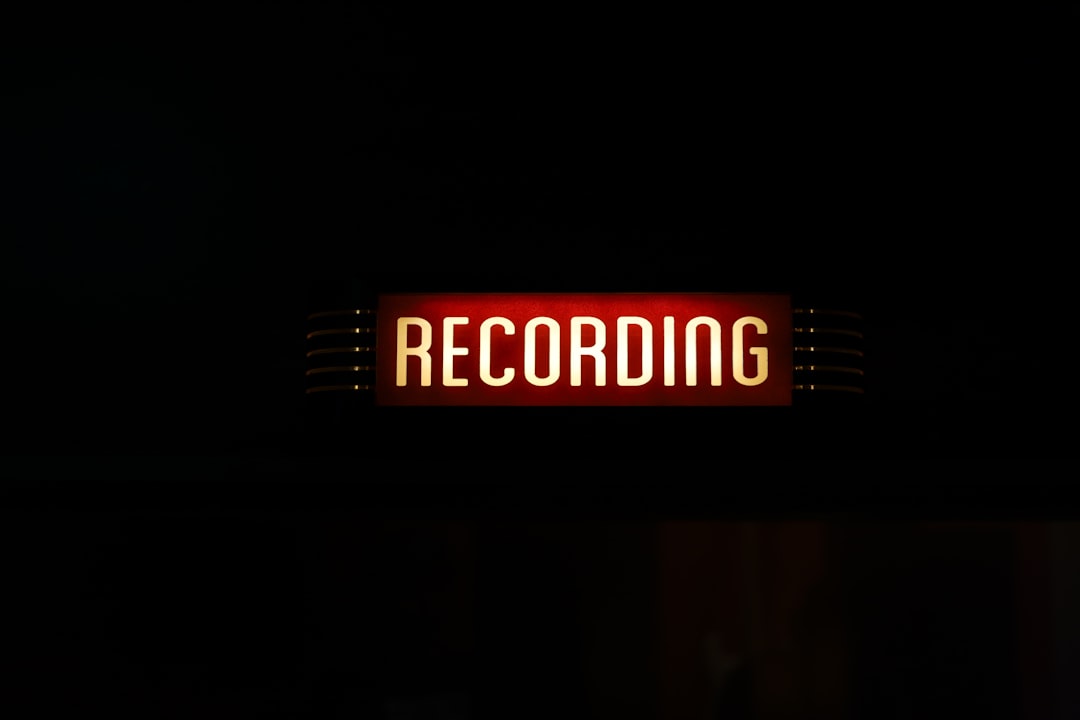Ever get to the end of the day and wonder, “Where did all my time go?”

I know that feeling all too well. For years my days vanished into a black hole of video games, binge eating, and just plain laziness. I was busy being distracted but I wasn't getting anything meaningful done. I felt stuck. I knew I wanted to build a better life, strengthen my faith, and get healthy, but I felt like I had no time.
The truth was I had the time. I just had no idea where it was going.
The first step to taking back your day isn't a fancy planner or a new productivity app. It’s a simple time audit. It sounds a bit formal but it’s really just about paying attention. It’s about looking honestly at how you spend your hours so you can start directing them toward what truly matters.
Why Bother with a Time Audit?
A time audit isn’t about judging yourself or feeling guilty. It’s about awareness. You can’t fix a leak if you don’t know where the water is coming from. By tracking your time for a few days you get a clear picture of your reality not just what you think you do.
This simple act of observation helped me see the hours I was losing to mindless scrolling and gaming. It was the proof I needed to finally make a change. It’s not about becoming a robot. It’s about becoming intentional.
10 Simple Ways to Audit Your Time
You don’t need anything complicated. Just pick one method that feels right for you and try it for a few days. The goal is to gather information not to be perfect.
The Classic Notebook. This is the simplest way. Carry a small notebook and a pen with you. Every hour or so jot down what you’ve been doing. It’s low-tech and very effective.
The Hourly Alarm. Set an alarm on your phone to go off every hour. When it rings take 30 seconds to write down what you did for the last hour. This prevents you from forgetting large chunks of your day.
The Digital Tracker. If you prefer using tech apps like Toggl Track or Clockify can help. You just start and stop a timer for each activity. It’s great for seeing exactly how many minutes you spend on specific tasks.
The "Done" List. Instead of a to-do list at the end of the day write a "done" list. What did you actually accomplish? This includes everything from work tasks to making dinner to watching a movie. It gives you a real-world summary of your day.
The Color-Coded Calendar. Use a digital calendar like Google Calendar. At the end of the day block out your time and assign a color to each type of activity. For example blue for work green for family time red for wasted time. The visual will show you instantly where your time is going.
The Screen Time Audit. Your phone already does this for you. Check your built-in screen time report. Look at which apps are taking up most of your time. The numbers might surprise you. This was a huge eye-opener for me.
The Energy Audit. This one is a little different. As you track your time also make a note of your energy level. Use a simple scale from 1 to 5. You’ll start to see patterns. You might discover you have the most energy in the morning making it the perfect time for important work.
The Index Card Method. Each morning write your top 3-5 priorities on an index card. Keep it in your pocket. Throughout the day glance at it. At the end of the day see how much time you spent on those priorities versus other things that came up.
The End-of-Day Review. Before you go to bed take five minutes. Ask yourself three questions: What was the most productive part of my day? Where did I get distracted? What was one thing I did today that aligned with my long-term goals?
The Task Batching Audit. Try grouping similar tasks together like answering all your emails at once. Time how long it takes. Compare this to answering them as they come in. You’ll likely see how much time is lost to switching between different types of tasks.
What to Do with the Information
After a few days of tracking you’ll have some data. Now you can look at it and ask some honest questions.
Does how I spend my time match my values and goals?
What are my biggest time-wasters?
When am I most focused and energetic?
I discovered that my best most creative work happens in a short 2-4 hour window in the morning. Before I knew this I tried to force myself to work for 8 straight hours and failed miserably. Now I protect that morning time for deep work. I use the rest of the day for simpler tasks meetings and life admin. This small change completely transformed my productivity.
Your audit will show you your own patterns. Maybe you’ll see that you waste an hour scrolling on social media after dinner. Or that you spend way too much time on low-impact work tasks. This isn’t a failure. It’s an opportunity. It’s information you can use to build a better routine one that serves your health your family and your faith.
This isn’t about squeezing every last drop of productivity out of your day. It’s about creating space for what truly nourishes your soul. It’s about having time for prayer for family for rest and for taking care of the body God gave you.
So what's the first step you'll take? Just pick one method from the list and try it tomorrow. Don't overthink it. Just start. You might be surprised by what you find.